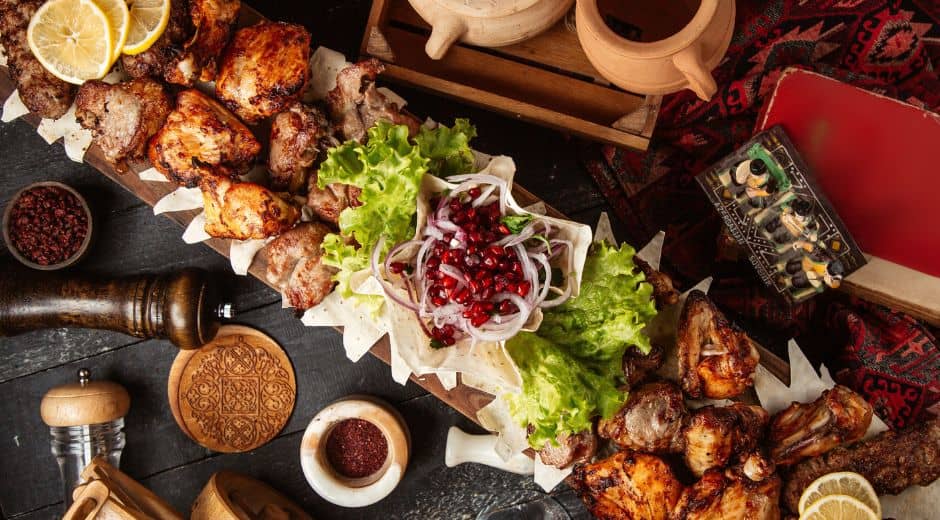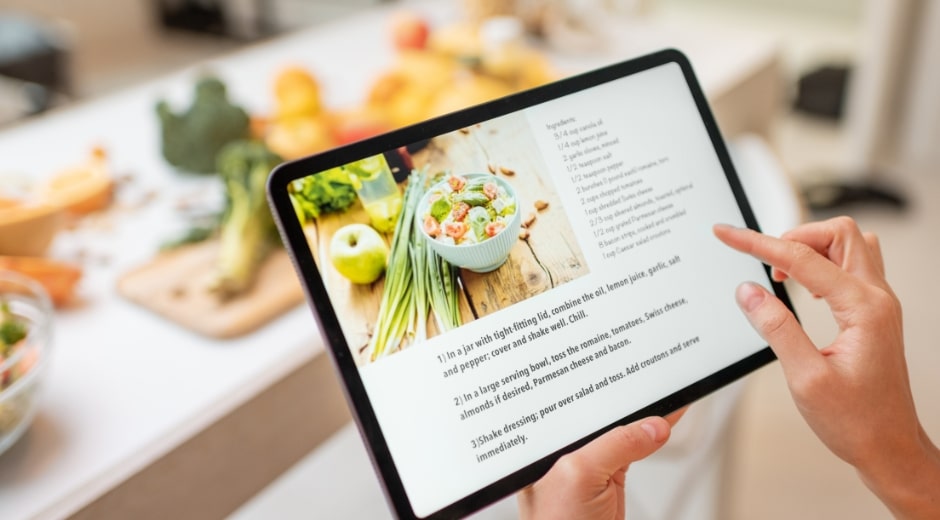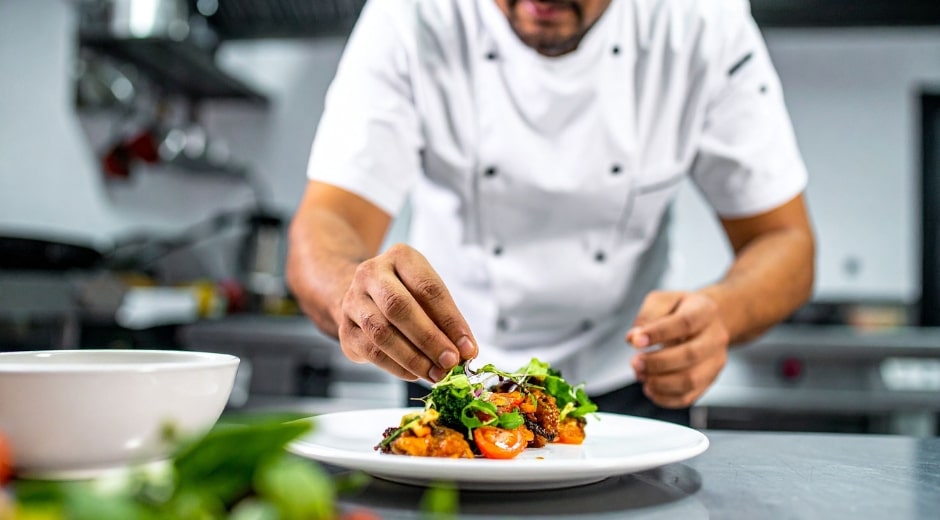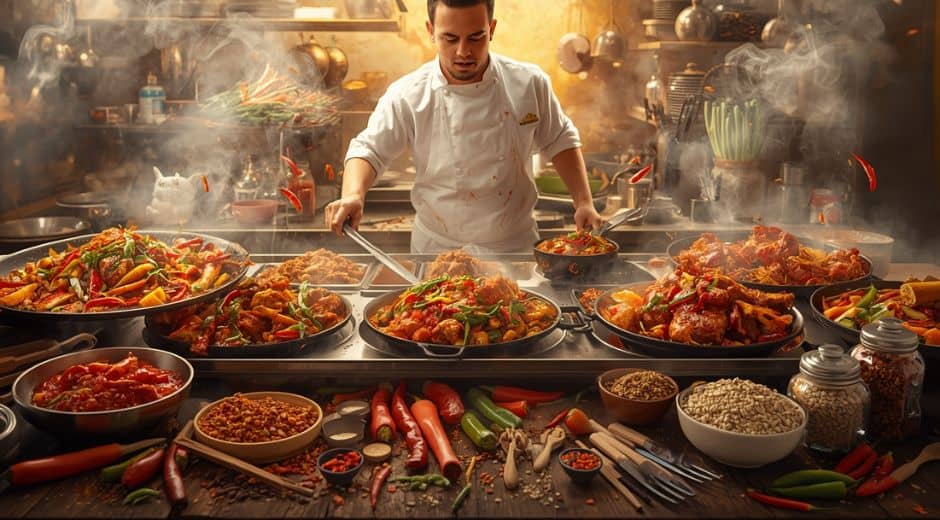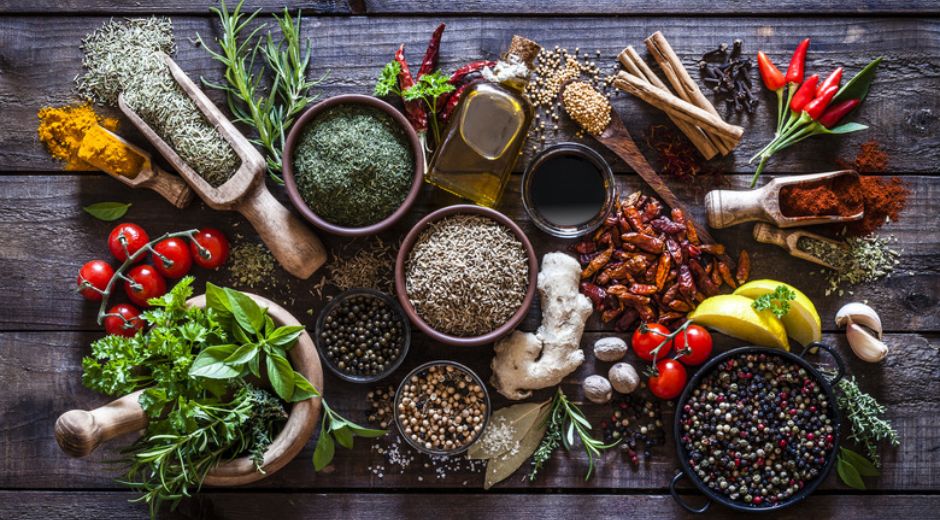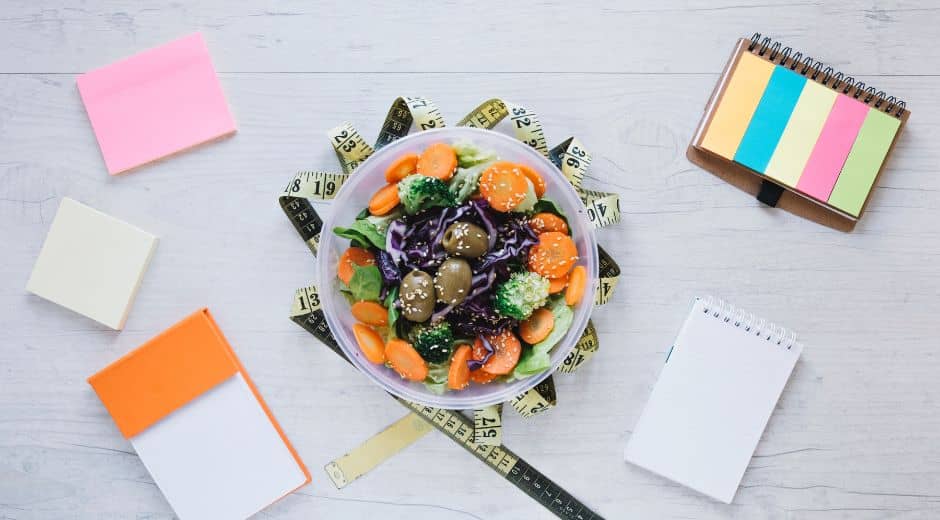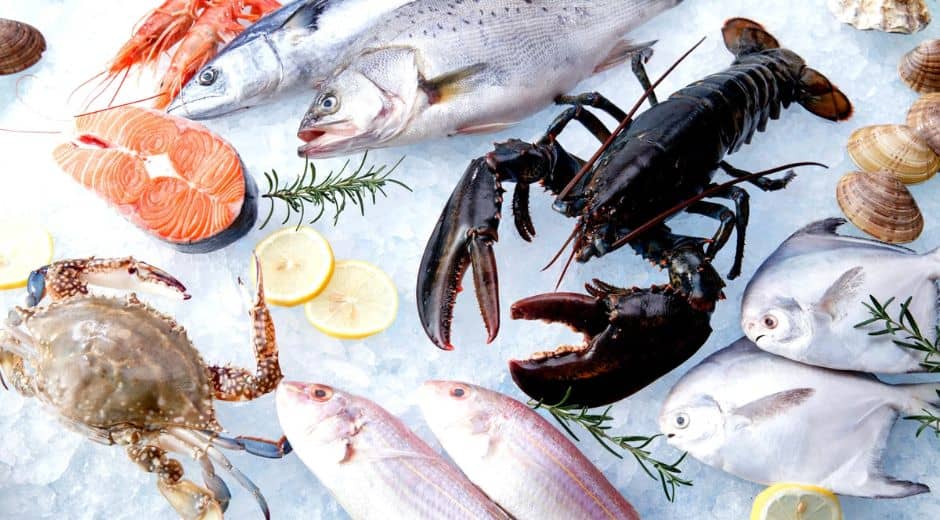Oriental Cuisine: 7 Powerful Tricks to Elevate Your Cooking
Oriental Cuisine: 7 Powerful Tricks to Elevate Your Cooking
Oriental Cuisine is more than just food—it’s an intricate blend of history, culture, flavor, and presentation. From the delicate balance of spices in Chinese dishes to the aromatic herbs of Southeast Asia, mastering Oriental Cuisine can transform any home kitchen into a culinary haven. Whether you’re a beginner or an experienced cook, these 7 powerful tricks will elevate your cooking and help you create authentic, delicious dishes that impress friends and family alike.
If you love exploring flavors and international food culture, be sure to check out more recipes, cooking guides, and culinary tips on TasteFlavorBook, where we cover global cuisines with practical, easy-to-follow guides that inspire creativity in the kitchen.
1. Master the Art of Balanced Flavors
One of the cornerstones of Oriental Cuisine is achieving the perfect balance of sweet, salty, sour, and umami, which makes every bite satisfying and memorable. Start with simple dishes and taste as you cook to ensure harmony. For instance, when making stir-fry sauces, combine soy sauce, a touch of sugar or honey, a dash of vinegar, and a little sesame oil. This creates layers of flavor without overwhelming the dish, and it encourages experimentation with different spices, herbs, and condiments to suit your personal taste.
Pro tip: Keep a small notebook of flavor combinations that work well together—this is a strategy professional chefs use and can be a fun way to experiment with your own recipes while learning about ingredient compatibility.
2. Use Fresh Ingredients Whenever Possible
Freshness is crucial in Oriental Cuisine because fresh vegetables, herbs, and proteins taste far better than pre-packaged or old ingredients. Try to buy seasonal vegetables and high-quality meats or seafood, which also enhances texture and nutritional value. Fresh ginger, garlic, and chili peppers can instantly elevate the flavor profile of your dishes, adding both aroma and a subtle depth of taste. Even pantry staples like soy sauce, miso, and rice vinegar can lose potency over time, so make it a habit to check expiration dates and replace old bottles regularly to maintain vibrant, consistent flavors in every meal.
3. Learn Proper Knife Skills
The texture and visual appeal of ingredients in Oriental Cuisine matters as much as the flavor itself, making proper knife skills essential. Slicing vegetables thinly or julienning carrots, peppers, and other produce ensures even cooking and a pleasing presentation. For proteins like chicken, pork, or tofu, cutting them into uniform pieces allows them to cook evenly, making your dishes look and taste professional. With good knife techniques, you can also save time, improve efficiency, and safely handle sharp tools. If you’re serious about improving your skills, consider watching tutorial videos or taking a short online class, which can dramatically improve your efficiency and results.
4. Master Heat Control
Cooking over the right heat is essential in Oriental Cuisine, as it directly affects texture, flavor, and aroma. High heat is often used for quick stir-frying, keeping vegetables crisp, proteins tender, and sauces glossy. Medium heat works best for simmering soups, stews, and sauces, allowing flavors to meld gradually. Avoid overcrowding the pan during stir-frying—this lowers the temperature and results in soggy ingredients rather than crisp textures. Mastering heat control is a subtle but powerful trick that separates home cooks from professionals and ensures your dishes taste authentic every time.
5. Use Aromatics Wisely
Aromatics like garlic, ginger, scallions, lemongrass, and coriander form the backbone of many Oriental Cuisine recipes. The key is to release their aroma without burning them, which can ruin a dish. Start with lower heat to gently sauté aromatics, then raise the heat for the main cooking stage. Experiment with adding aromatics at different points in your cooking—for example, adding fresh basil at the end of a Thai curry can brighten the dish, while adding it too early may dull the flavor. Aromatics enhance not just taste, but the overall sensory experience of your meals.
6. Embrace the Right Cooking Tools
The right tools can make a huge difference in preparing authentic Oriental Cuisine. A wok, for instance, allows you to achieve high-heat stir-frying with minimal oil, creating the perfect sear. Bamboo steamers are ideal for dumplings, buns, and vegetables, while mortar and pestle or spice grinders help release essential oils in herbs and spices for maximum aroma. Even simple tools like sharp knives, fine mesh strainers, and silicone spatulas can elevate your kitchen efficiency and precision. Investing in the right tools pays off in flavor, presentation, and overall cooking confidence.
7. Understand Regional Variations
Oriental Cuisine is not a monolith—it varies greatly across regions, and learning these differences can dramatically improve your results. Japanese cooking emphasizes subtle flavors and meticulous presentation, while Sichuan dishes are bold, spicy, and aromatic. Thai cuisine balances sweet, sour, salty, and spicy flavors, whereas Vietnamese dishes focus on freshness, herbs, and lighter sauces. Understanding these regional variations allows you to experiment confidently and mix flavors without fear of overwhelming the dish. For inspiration, some creative food-movie pairings can be found on GamingNewsHead, which features cultural tie-ins, lifestyle content, and unique culinary ideas.
Conclusion
Mastering Oriental Cuisine is a journey of flavors, techniques, history, and culture. By balancing flavors, using fresh ingredients, mastering heat control, and understanding regional styles, you can elevate your cooking to new heights. These 7 powerful tricks provide a solid foundation, but the best way to learn is by experimenting, tasting along the way, and gradually building your own signature style. For more in-depth recipes, ingredient guides, and expert cooking tips, explore TasteFlavorBook to keep your culinary skills growing and your meals exciting.
Best cooking Tips

Simple Ingredient Meals With Big Flavor
Simple Ingredient Meals With Big Flavor

Hearty Home Meals That Feel Comforting And Filling
Hearty Home Meals That Feel Comforting And Filling

Everyday Food Ideas For Consistent Inspiration
Everyday Food Ideas For Consistent Inspiration

Casual Home Dining Ideas For Relaxed Meals
Casual Home Dining Ideas For Relaxed Meals
